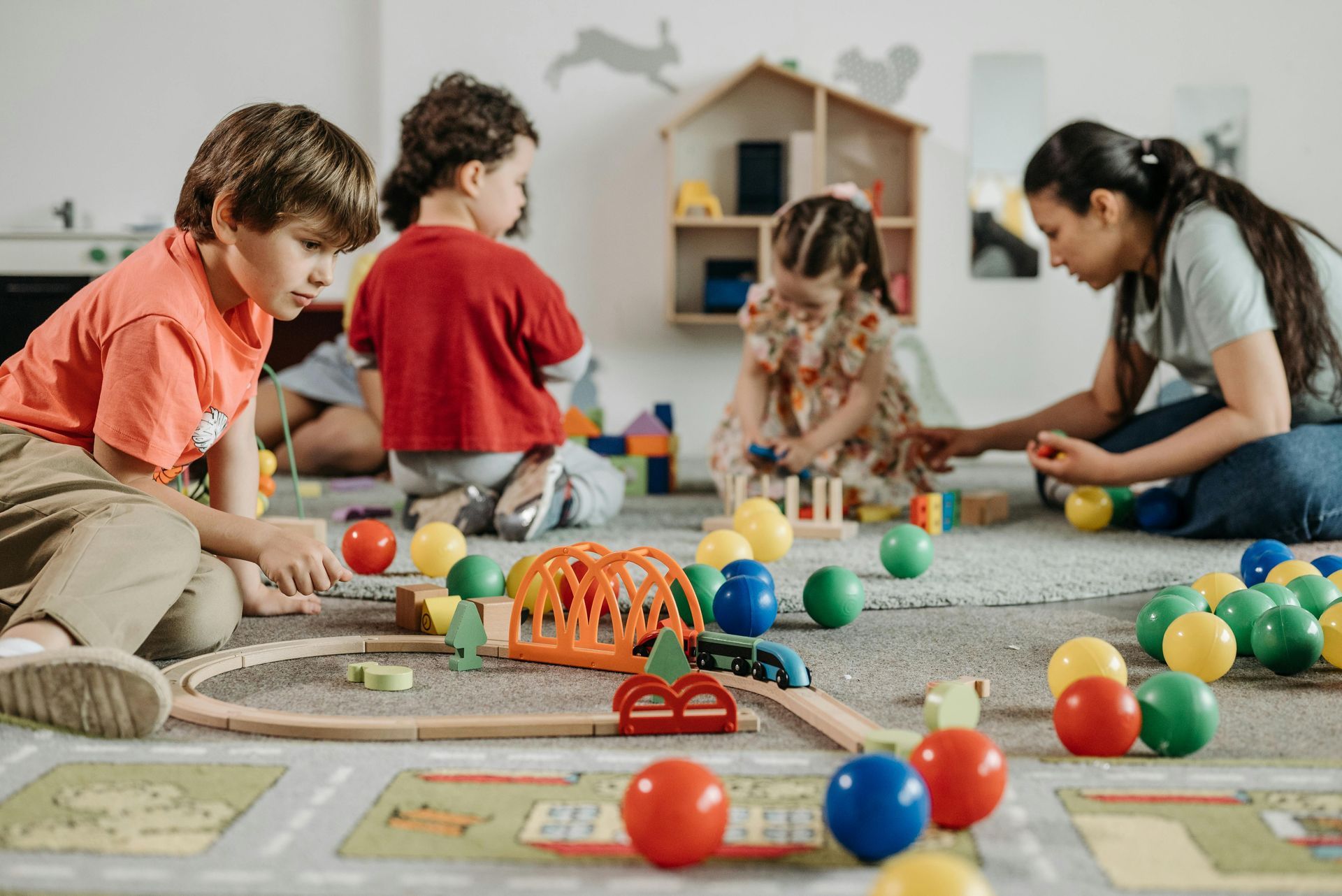
Montessori education emphasizes practical life activities as a fundamental aspect of child development. These activities, which include everyday tasks such as dressing, cleaning, and preparing food, are designed to teach children responsibility, self-care, and independence. Through engaging in practical life tasks, children develop essential life skills that foster their growth into capable and confident individuals.
The Importance of Practical Life Activities
Practical life activities in Montessori classrooms are not just about learning to perform tasks. They are about building a strong foundation for a child's cognitive, physical, and emotional development. These activities help children develop:
- Fine Motor Skills: Pouring, spooning, and buttoning enhance hand-eye coordination and dexterity.
- Concentration: Engaging in focused tasks helps children develop their ability to concentrate for extended periods.
- Independence: By learning to care for themselves and their environment, children gain a sense of autonomy and self-reliance.
- Responsibility: Taking care of tasks teaches children accountability and the importance of contributing to their community.
Creating a Sense of Order and Routine
Montessori practical life activities are designed to be repetitive and consistent, creating a sense of order and routine in a child's life. This structure helps children feel secure and understand the sequence of tasks, making it easier to learn and remember how to perform them. The predictability of these activities also allows children to focus on mastering skills rather than being overwhelmed by new challenges.
Encouraging Self-Care
Self-care is a crucial component of practical life activities. Montessori educators encourage children to be in charge of their own needs, such as dressing, washing hands, and preparing snacks. These tasks might seem simple, but they are powerful tools for teaching children to care for themselves. As children master these skills, they gain confidence and a sense of accomplishment, which motivates them to take on more complex tasks.
Building Responsibility
Responsibility is a core value in Montessori education. Children learn to take care of their environment by participating in activities like sweeping, dusting, and watering plants. These tasks teach children that their actions greatly impact their surroundings and play a vital role in maintaining a clean and orderly environment. This responsibility extends beyond the classroom and into their homes and communities.
The Role of the Educator
In Montessori classrooms, educators act as guides rather than traditional teachers. They showcase practical life activities and then step back, giving children the opportunity to explore and practice independently. This approach fosters a sense of independence and encourages children to take ownership of their learning. Educators provide gentle guidance and support, ensuring that children feel confident and capable in their abilities.
Fostering Emotional Growth
Practical life activities also play a significant role in a child's emotional development. As children engage in these tasks, they learn to manage their emotions, handle frustration, and develop patience. Completing a task provides a sense of pride and boosts self-esteem, which is essential for healthy emotional growth.
Real-World Applications
The skills learned through practical life activities are directly applicable to real-world situations. Children who have practiced setting tables, washing dishes, and folding laundry in the classroom can easily transfer these skills to their homes. This seamless integration of school and home life reinforces the importance of these activities and helps children understand their practical value.
Understanding the significance of practical life activities in Montessori education highlights the unique approach that Montessori takes towards teaching responsibility and self-care. These activities are more than just tasks; these offer children the chance to grow, learn, and thrive. By fostering independence, concentration, and a sense of responsibility, Montessori practical life activities prepare children for success in all areas of life.
If you want to learn more about how Montessori education can benefit your child, consider taking a tour in our school. Discover the joy of watching your child develop into a confident, capable, and responsible individual through the power of practical life activities.
Ready to see the Montessori difference for yourself? Contact us today at 770-564-0470 to schedule your tour and learn how we can support your child's journey toward success!



